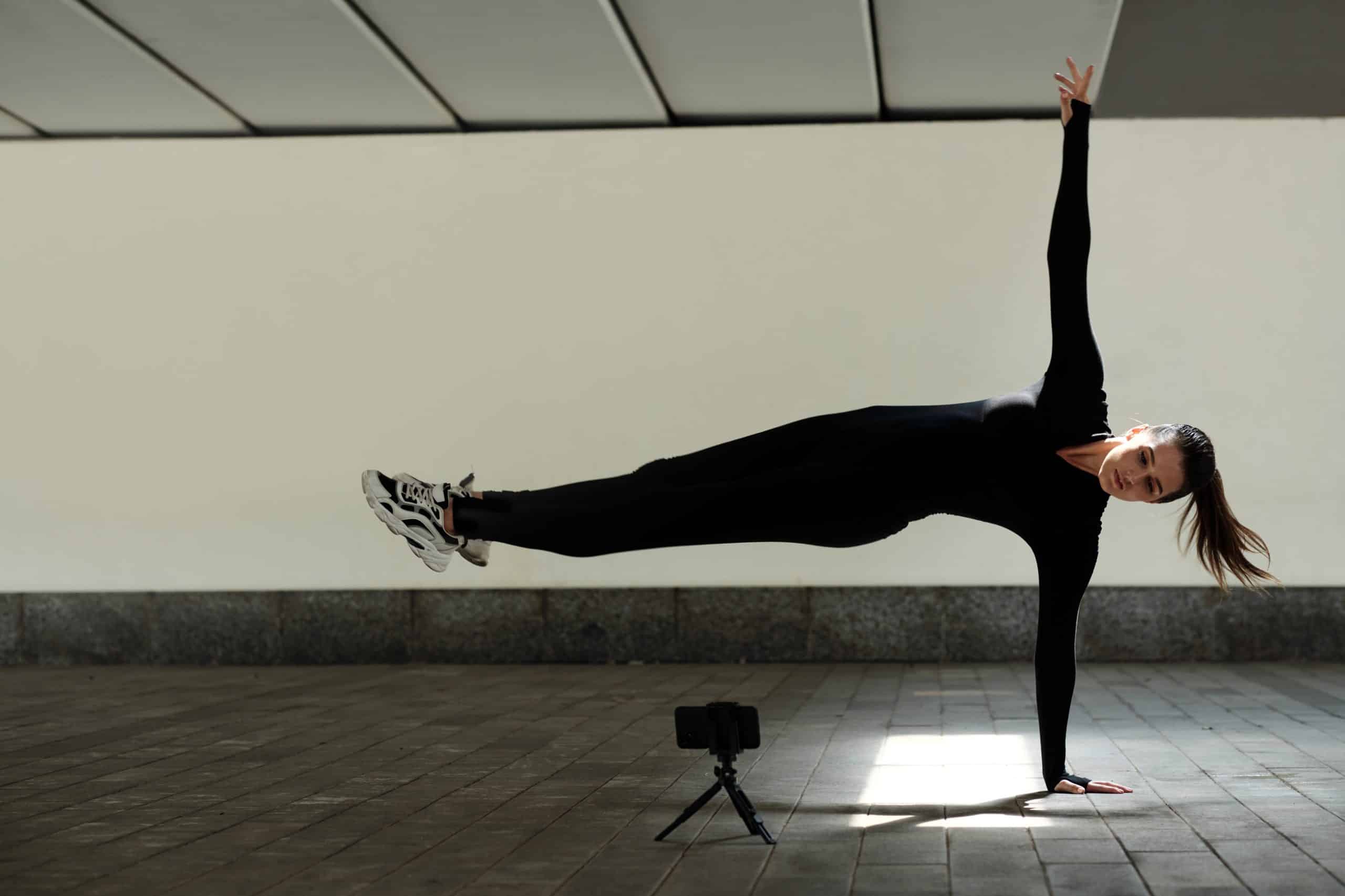How Can Customized Audio Coaching Improve Performance in Long-Distance Runners?

In the world of long-distance running, the need for continual improvement is paramount, and the search for innovative training methods is always on. With the advent of technology, customized audio coaching apps have emerged as a revolutionary tool for enhancing runners’ performance, making the monotonous training sessions more engaging, and pushing beyond the usual limits. Let’s delve deeper into the role of audio coaching in running, its effect on performance, and how it can be tailored to individual runners’ needs.
The Role of Audio Coaching in Running
Running can be a solitary sport, often demanding self-discipline and motivation. An active, professional coach is a luxury that not every runner has access to. This is where audio coaching comes in. Audio coaching, delivered via specialised apps, provides an immersive, engaging, and personalized training experience. It has the potential to replace the conventional coach, offering expert advice, motivation, and real-time feedback to a vast number of runners at their convenience, right through their headphones.
In parallel : What Are the Best Breathing Techniques for Free-Divers to Improve Lung Capacity?
Customized audio coaching involves creating personalized running plans based on a runner’s goals, capabilities, and progress. It can guide you on your pace, monitor your heart rate, provide information on your current running metrics, and deliver motivational prompts and tips. These attributes make audio coaching an incredible tool for long-distance runners looking to enhance their performance.
Impact of Audio Coaching on Performance
A study published on PubMed examines the effects of self-selected music on RPE (Rating of Perceived Exertion) during a 10-km running time trial. The results suggest that music may delay fatigue and decrease RPE, thereby improving overall performance.
Also to read : How to Use Isokinetic Training Devices for Rehabilitation in ACL Injuries?
Audio coaching apps frequently incorporate music into their features. The relationship between running and music is not just about entertainment. It’s also about rhythm, pacing, and motivation. A well-curated playlist can help set the tempo for a run, motivate during intense training phases, and, as research suggests, can even decrease the perception of effort, leading to improved performance.
The Role of Technology in Customized Audio Coaching
Technology plays an integral part in customizing audio coaching for runners. It uses complex algorithms and vast amounts of data to develop individualized training plans. The applications use GPS to track the runner’s location, speed, distance, and altitude. They also incorporate heart-rate monitors to measure the intensity of the workout.
These data are then processed to monitor progress, adjust the training plan, and deliver accurate real-time feedback. For instance, if the runner’s heart rate is too high for the intended workout intensity, the coach can advise slowing down. Conversely, if the runner’s pace is slower than the plan’s target, the coach can provide motivation to speed up.
Audio Coaching Beyond the App
Customized audio coaching is not limited to apps alone. Elite runners and amateur athletes increasingly use it to prepare for marathons and races. Coaches and scholars have begun to acknowledge the potential of audio coaching for training. They incorporate it into their coaching methods, delivering personalized training plans and feedback to athletes remotely.
This method is particularly effective for long-distance runners, who often train in solitude. It allows the coach to be "virtually" present, providing guidance, encouragement, and expert advice throughout the training journey.
Implementing Audio Coaching Into Your Training Plan
Before incorporating audio coaching into your training, it’s crucial to identify your running goals. Are you training for a marathon or simply trying to improve your fitness? Different goals require different training plans, and the audio coaching app should reflect this.
Once you’ve identified your goals, choose an app that offers customizable training plans. Look for an app that provides real-time feedback and motivation. Make sure it’s compatible with your device and easy to use.
After you start using the app, pay attention to the feedback it provides. Use it to adjust your training plan if necessary. Remember, the goal of audio coaching is to enhance your performance, so the feedback should be constructive and relevant.
In the end, audio coaching is not a magic solution for improving performance. It’s a tool, and like any tool, it’s most effective when used correctly. Following the advice of the audio coach, staying consistent with your training, and listening to your body are all essential aspects of improving performance in long-distance running.
Advancements in Audio Coaching Technology
The transformative advancements in technology are crucial to the effectiveness and customization of audio coaching. Leveraging advanced algorithms, a wealth of data, and seamless real-time tracking, audio coaching apps harness technology to create personalized training plans for runners.
The integral role of technology lies in its ability to monitor the performance and physical conditions of the runner. Advanced software, sending signals to GPS, can track the runner’s speed, distance, location, and even altitude. Coupled with built-in heart rate monitors that measure the intensity of the workout, these apps can collect, process, and interpret data to adjust training plans and provide accurate real-time feedback.
For example, when your heart rate exceeds the planned workout intensity, the audio coach, by utilizing heart rate data, will suggest slowing down to avoid overexertion. On the other hand, when your pace doesn’t match the target, the running coach will motivate you to speed up. Therefore, the audio coaching app plays a pivotal role in directing the runner in real-time, mimicking the feedback one would receive from a physical coach.
The Apple watch, for instance, equipped with various tracking features, syncs seamlessly with many running apps, allowing for an all-encompassing monitoring experience. Therefore, the burgeoning tech advancements have turned the seemingly sci-fi concept of having a personal coaching right in your ear into a reality.
Conclusion: Unlocking Your Potential with Audio Coaching
The journey of a long-distance runner is riddled with solitude, rigorous training sessions, and constant pressure for performance improvement. Customized audio coaching, enabled by advanced technology, offers a compelling solution, making this journey less lonely and more manageable.
Having access to a personalized training plan, real-time feedback, and motivational prompts, right through your headphones, can be a game-changer. Simultaneously, the aspect of integrating listening music into your runs amplifies the benefits, providing rhythm, helping pace your runs, and decreasing the perception of effort.
However, like any tool, the effectiveness of audio coaching depends on how you use it. Identifying your goals, choosing the right app, customizing your training plans, and most importantly, incorporating the feedback into your training sessions, are crucial steps in using this tool to its full potential.
As you embark on your running journey, remember that the power lies within you. Audio coaching is just a tool to help unlock that power. So keep running, keep improving, stay consistent, and let the audio coach be your companion on this journey.
Customized audio coaching has the potential to revolutionize the world of long-distance running and redefine the training methods. So, lace up your shoes, sync your running app, put on your headphones, and let the journey begin. The road to improvement may be long, but with the right tools and determination, it’s definitely achievable. You can cancel anytime, but once you experience the benefits, you probably won’t want to.
